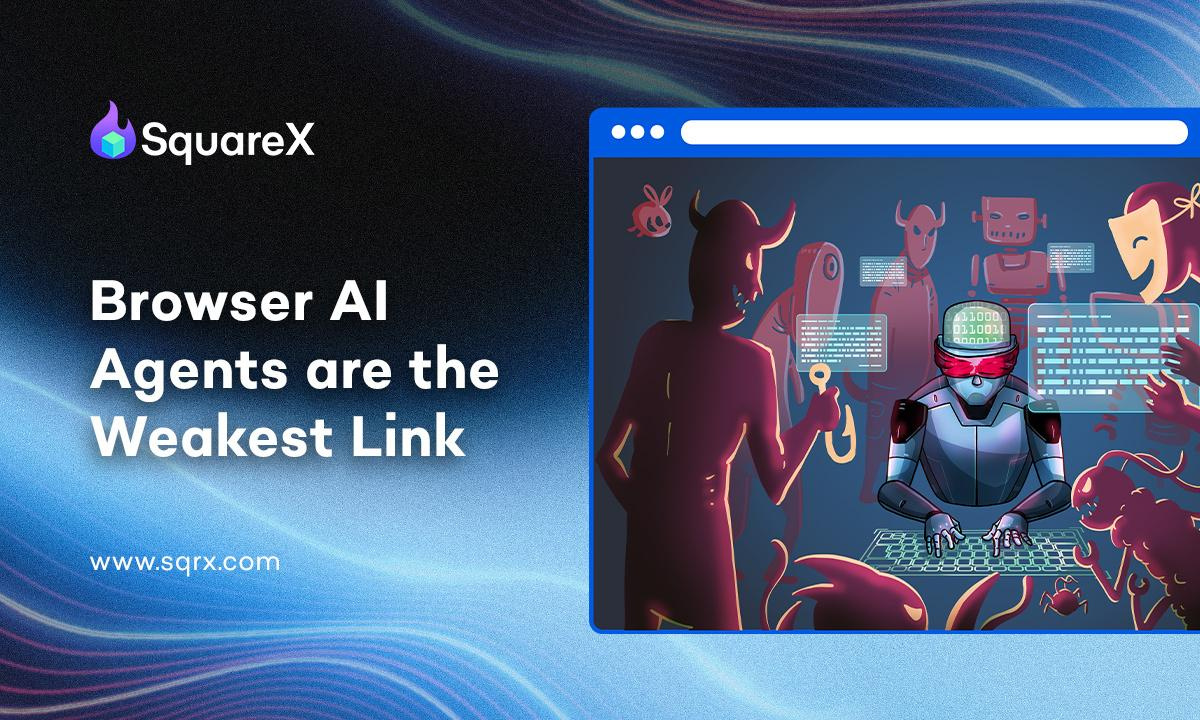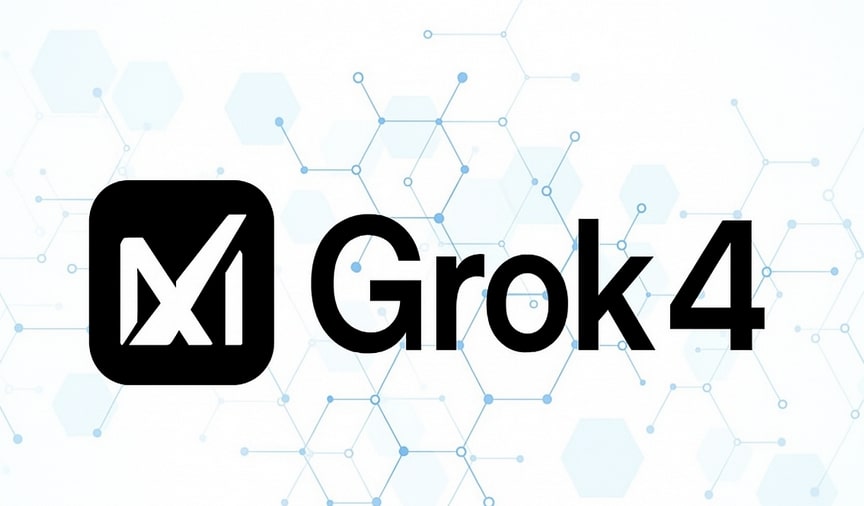Now Reading: SquareX: Browser AI Agents Overtake Employees as Top Security Risk
-
01
SquareX: Browser AI Agents Overtake Employees as Top Security Risk
SquareX: Browser AI Agents Overtake Employees as Top Security Risk

quick Summary
- SquareX’s research identifies Browser AI Agents as the new weakest link in organizational security, surpassing employees.
- Browser AI Agents automate tasks like booking flights, scheduling meetings, and email management for productivity improvements.
- 79% of organizations have adopted these agents according to a PWC survey.
- These agents lack security awareness, making them vulnerable to cyberattacks like OAuth exploitation or phishing scams.
- In one instance using an open-source framework, a Browser AI Agent inadvertently granted malicious app access to sensitive user data during task execution.
- Traditional browser and security tools cannot distinguish between actions by humans versus these agents, emphasizing the need for browser-native safeguards like detection and response systems.
- Vivek Ramachandran, CEO of SquareX, emphasizes incorporating solutions such as “Browser Detection and Response” until browsers provide native guardrails for Browser AI Agents alongside identity management enhancements for agent-centric workflows.
Read more: Full Article
Indian Opinion Analysis
The findings from SquareX’s research point out a vital cybersecurity challenge posed by emerging technologies such as Browser AI Agents. While their adoption increases productivity across organizations globally-especially in tech-heavy regions-unaddressed vulnerabilities threaten both businesses and individual users alike.
For India-a burgeoning global tech hub-the ramifications could be notable given the increasing reliance on automation tools amidst digital transformation across sectors like finance, e-commerce, health care services etc.; many firms are actively adopting generative machine-learning aids without fully grasping potential attack pathways through such agents.
Enterprises must prioritize proactive measures including deploying modern detection-response systems customized per their workflows against hacking loops indirectly tied here Tech Innovation limits further fabrication























